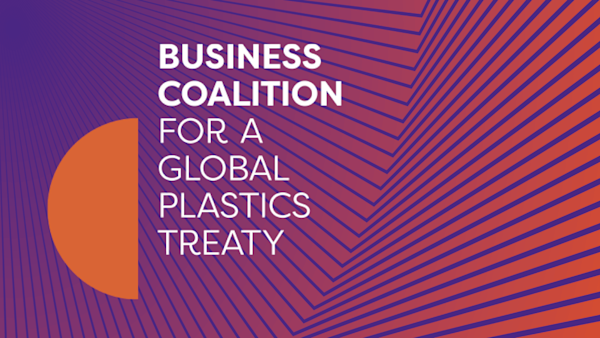A strong treaty will dramatically accelerate solutions that work, at scale.
The Ellen MacArthur Foundation is calling for a treaty that is based on:
Legally binding global rules
Global rules will enable scale and unlock coordinated investment for solutions we already know work. Even the largest voluntary business commitments top out around twenty percent of the market, but a treaty can create a harmonised approach for everyone.
Comprehensive circular economy measures, with a focus on upstream action
We can design waste and pollution out of the system. By addressing the full plastics lifecycle, we can design a circular economycircular economyA systems solution framework that tackles global challenges like climate change, biodiversity loss, waste, and pollution. It is based on three principles, driven by design: eliminate waste and pollution, circulate products and materials (at their highest value), and regenerate nature. for plastics that works for people, businesses and the planet. To realise the economic and environmental benefits of a circular economy for plastics, we need to eliminate problematic products and chemicals of concern, while redesigning products and materials as well as the use and collection systems they enter into.
Prioritising plastic packaging
A treaty should initially focus on the types of plastic most likely to end up in the environment, including packaging, which creates around 40% of total plastic waste.
Fairness and support for implementation
To be effectively implemented, the treaty must include financial support for countries that need it, mobilise public and private finance, and ensure a fair and inclusive transition for people impacted.






